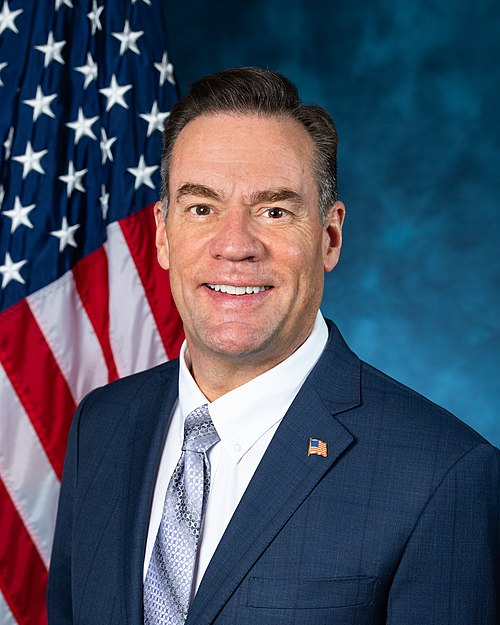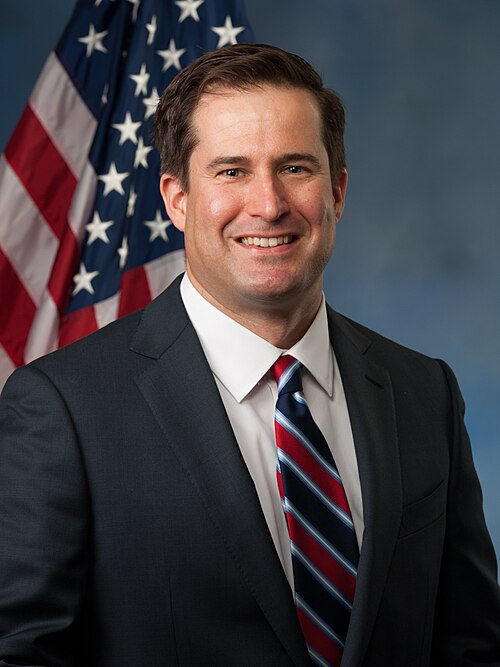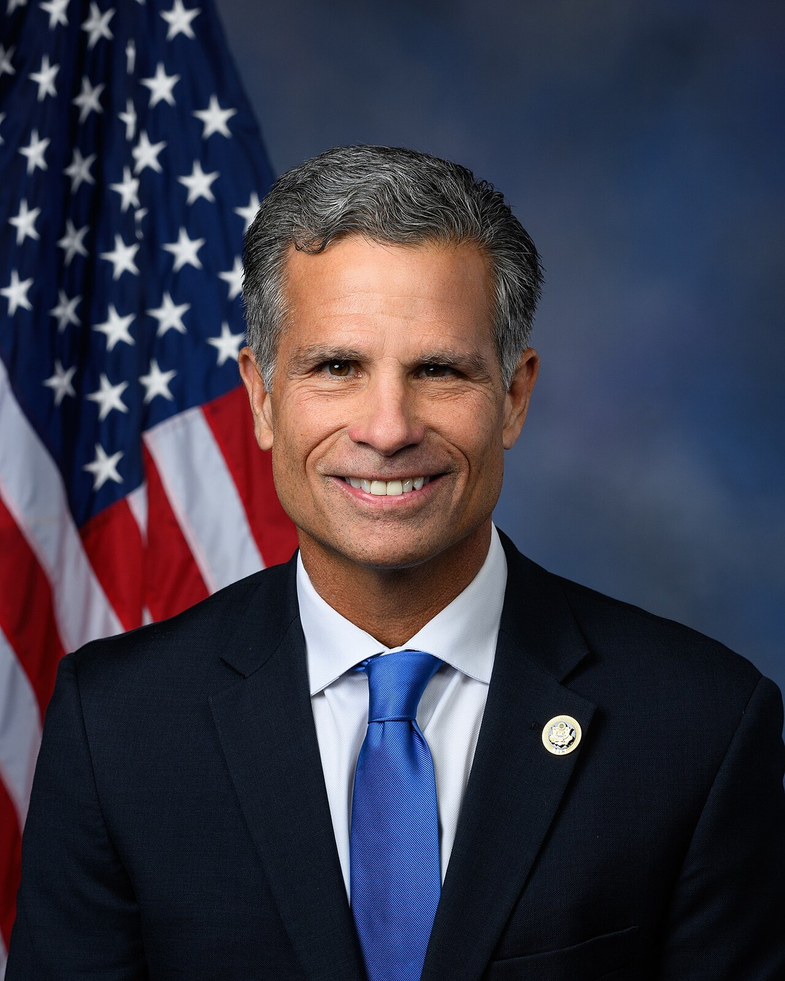H.R. 859: Informing Consumers about Smart Devices Act
This bill, known as the Informing Consumers about Smart Devices Act, seeks to enhance consumer awareness regarding internet-connected devices that contain cameras or microphones. Here is a summary of its main provisions:
Disclosure Requirements
Manufacturers of specific internet-connected devices, referred to as "covered devices," are required to clearly inform potential buyers whether their products have an integrated camera or microphone. This disclosure must be made prior to the purchase of the device, ensuring that consumers can make informed decisions.
Enforcement by the Federal Trade Commission (FTC)
The bill empowers the FTC to enforce these disclosure requirements as if they were rules under the existing Federal Trade Commission Act. This means:
- Violations of the disclosure requirement are treated as unfair or deceptive acts.
- The FTC can impose penalties on manufacturers who fail to comply.
- The FTC will provide guidance to help manufacturers understand and meet these requirements.
Commission Guidance
Within 180 days of the bill's enactment, the FTC is obligated to issue guidelines aimed at helping manufacturers ensure that disclosures are clear, conspicuous, and age-appropriate. Manufacturers can also seek tailored guidance on compliance with the law.
Definition of Covered Devices
A "covered device" is defined as a consumer product that can connect to the internet and includes a camera or microphone. Notably, this definition excludes:
- Devices that consumers generally expect to have a camera or microphone (e.g., mobile phones and laptops).
- Products specifically marketed as cameras, telecommunications devices, or microphones.
- Any apparatus outlined under specific sections of the Communications Act of 1934.
Effective Date
The provisions of this act will take effect 180 days after the FTC issues guidance. It will only apply to devices manufactured after this period, not to those produced or sold before.
Relevant Companies
None found.
This is an AI-generated summary of the bill text. There may be mistakes.
Sponsors
2 bill sponsors
Actions
15 actions
| Date | Action |
|---|---|
| Apr. 30, 2025 | Received in the Senate. Read twice. Placed on Senate Legislative Calendar under General Orders. Calendar No. 64. |
| Apr. 29, 2025 | Considered as unfinished business. (consideration: CR H1710-1711: 1) |
| Apr. 29, 2025 | Motion to reconsider laid on the table Agreed to without objection. |
| Apr. 29, 2025 | On motion to suspend the rules and pass the bill Agreed to by the Yeas and Nays: (2/3 required): 415 - 9 (Roll no. 109). (text: 04/28/2025 CR H1666-1667) |
| Apr. 29, 2025 | Passed/agreed to in House: On motion to suspend the rules and pass the bill Agreed to by the Yeas and Nays: (2/3 required): 415 - 9 (Roll no. 109). (text: 04/28/2025 CR H1666-1667) |
| Apr. 28, 2025 | At the conclusion of debate, the Yeas and Nays were demanded and ordered. Pursuant to the provisions of clause 8, rule XX, the Chair announced that further proceedings on the motion would be postponed. |
| Apr. 28, 2025 | Considered under suspension of the rules. (consideration: CR H1666: 1) |
| Apr. 28, 2025 | DEBATE - The House proceeded with forty minutes of debate on H.R. 859. |
| Apr. 28, 2025 | Mr. Bilirakis moved to suspend the rules and pass the bill. |
| Apr. 24, 2025 | Placed on the Union Calendar, Calendar No. 49. |
| Apr. 24, 2025 | Reported by the Committee on Energy and Commerce. H. Rept. 119-72. |
| Apr. 08, 2025 | Committee Consideration and Mark-up Session Held |
| Apr. 08, 2025 | Ordered to be Reported by Voice Vote. |
| Jan. 31, 2025 | Introduced in House |
| Jan. 31, 2025 | Referred to the House Committee on Energy and Commerce. |
Corporate Lobbying
1 company lobbying
































